Academics
a passion for learning
Seeing the ‘bigger picture’
Our lessons form part of a carefully sequenced curriculum which builds on a pupil’s prior knowledge and skills in a planned manner. Individual lessons have clear and suitably challenging learning objectives which are shared with pupils at the beginning of lessons.
Teachers link individual lessons to previous learning and future assessment work to help pupils see the ‘bigger picture’ of how their learning fits together. Parents enjoy online access to our course outlines so they can always see what is being studied within school.
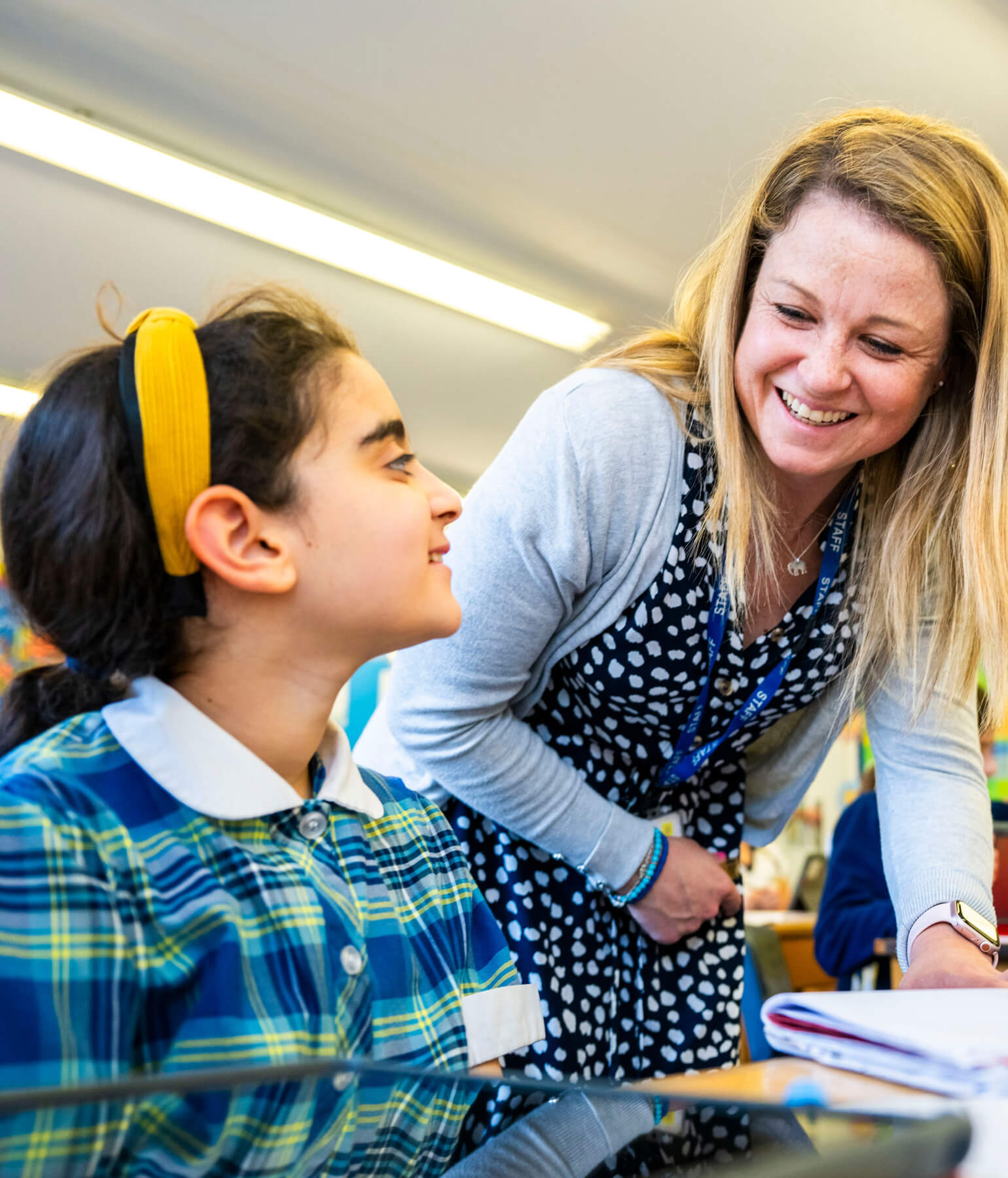
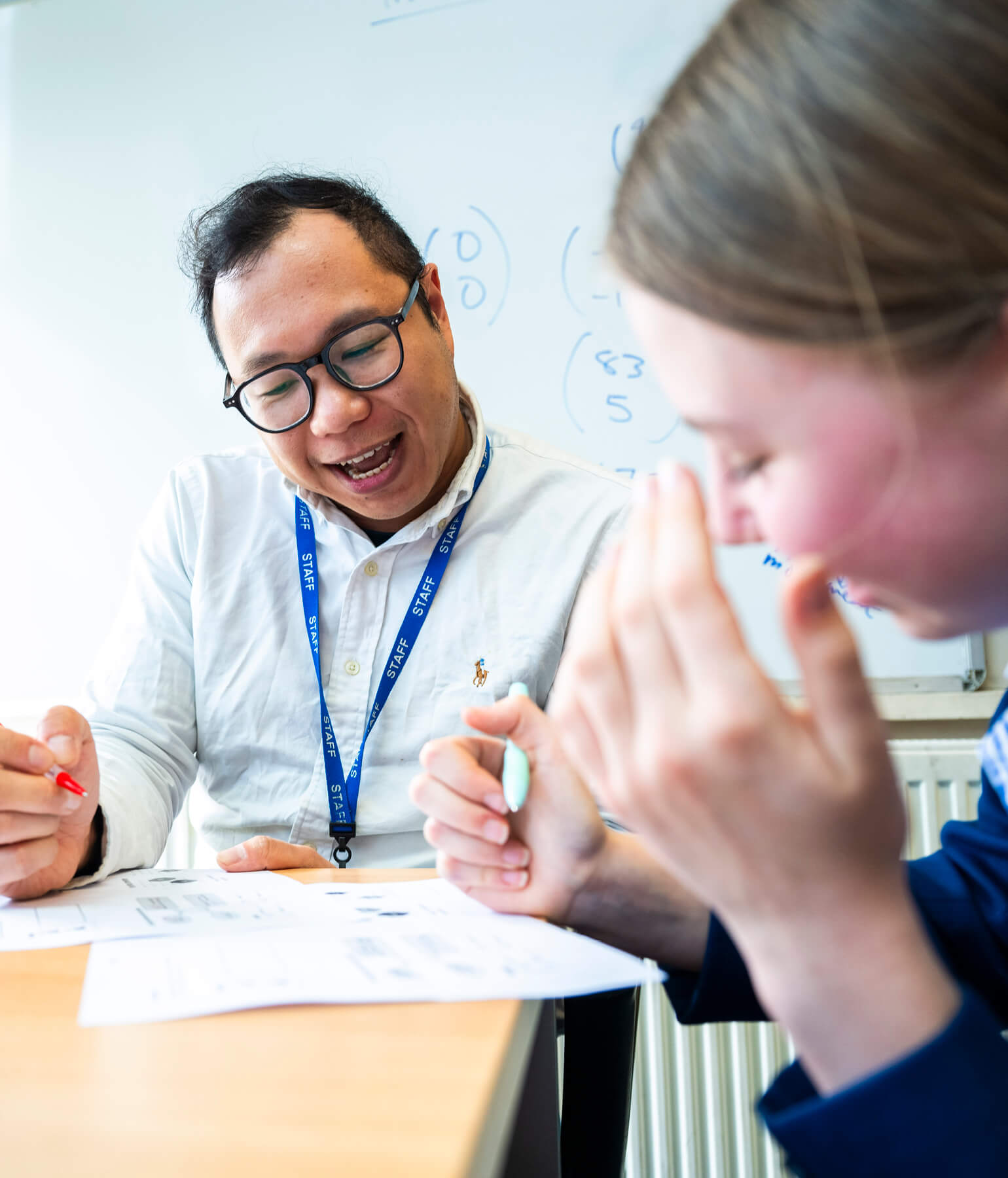
Challenge for all
We have high expectations for all our pupils, but we understand that some of our pupils require more challenge while others benefit from a little more support in achieving their learning goals.
Our teachers frequently check for understanding across an entire class using techniques such as mini-white boards and ‘cold calling’ where they direct questions to specific pupils. These methods of assessing pupil understanding are far more effective than the more dated ‘hands-up’ approach. We encourage all our pupils to participate within lessons through strategies such as allowing ‘thinking time’ and asking pupils to discuss their answer with their neighbour before responding to the teacher.
If pupils need more individual assistance or are struggling with a homework task then they can attend one of our lunchtime support sessions. For the more able, each subject has their ‘above and beyond the curriculum’ extension tasks which allow pupils to take their learning further through recommended reading lists, podcasts and online courses.
Homework
Homework plays an important role in encouraging pupils to work independently, build their study and time management skills and reinforce the learning which takes place within lessons.
We also understand that our pupils also need time to pursue their other talents and interests as well as enjoy family time. In Years 7-9 homework is five hours a week and 10 hours at GCSE. Homework is set online and is visible to parents with an outline description of each task and a required completion date.
Importantly, we never ask for homework the next day to allow pupils to manage their workload around their other activities. It important that our pupils enjoy a rest during their holidays and we do not set additional ‘holiday work’.

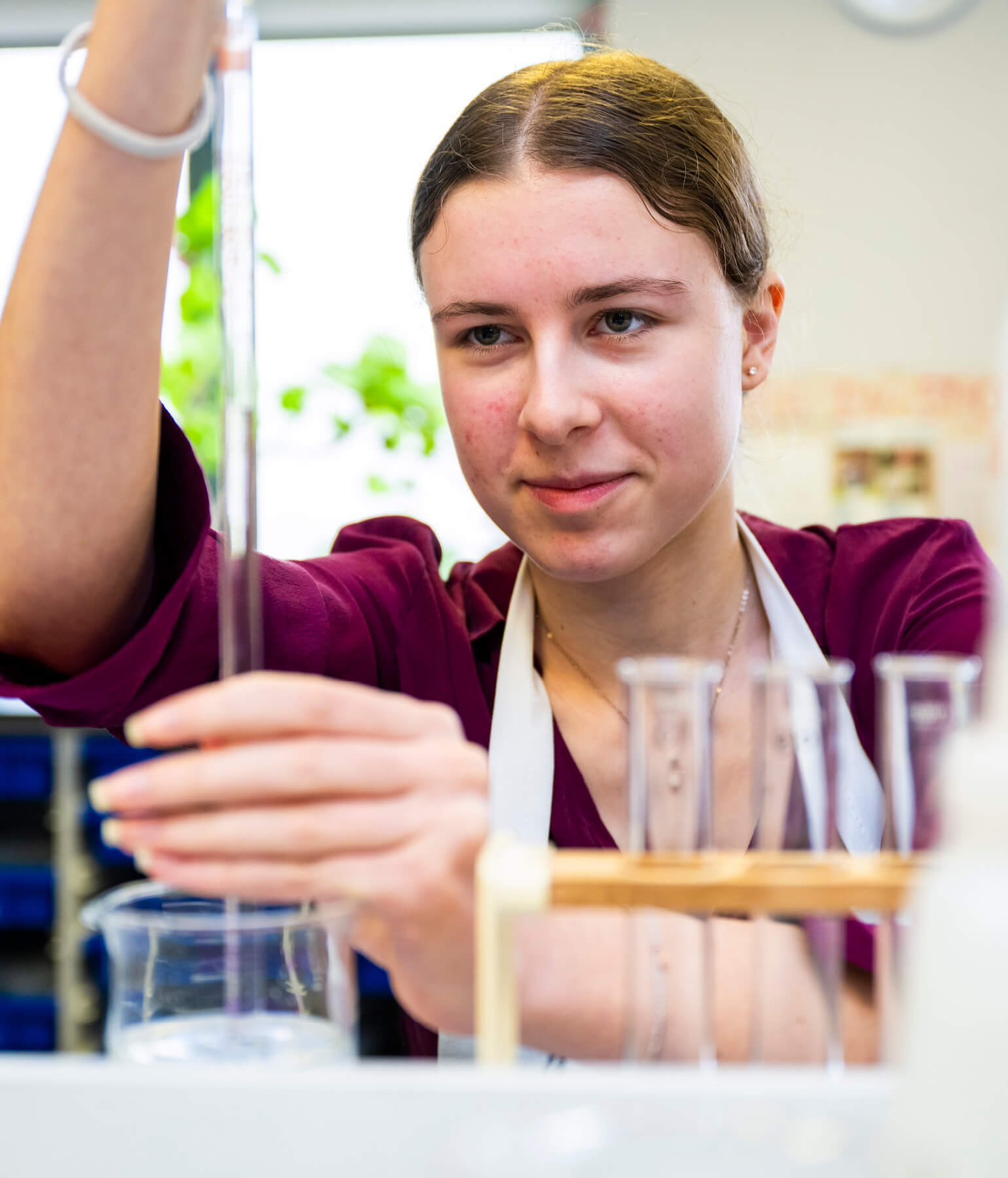
Exams
Just like any other skill, preparing for and sitting exams can be improved upon with practice. This is why we have a dedicated school exam week for Years 7-10 during the summer term.
Pupils are provided with detailed revision lists and are given training on the most effective revision techniques such as flashcards, mindmaps and dual coding (the use of pictures alongside text). In the build up to school exams, homework and lessons are devoted to exam preparation so that pupils feel supported and understand what is required of them.
The main purpose of school exam week is to prepare pupils for the public exams and we include results within the end-of-year school reports.
Making learning memorable
Pupils are provided with large amounts of information via their lessons which it is important for them to retain. Fortunately, there have been huge strides in recent years in cognitive science which we employ to help our students retain knowledge.
When there are complex ideas or large amounts of information to convey, our teachers break these down into smaller ‘bite size’ pieces in a process known as ‘chunking’ to make it more digestible and avoid cognitive overload. In order to transfer knowledge and skills from the limited short-term memory to our pupils’ long term memories, we have embedded knowledge retrieval quizzes throughout the curriculum at regular intervals. This process of recalling key information over an extended period of time helps our pupils to access what they have been taught when it comes to exam time.
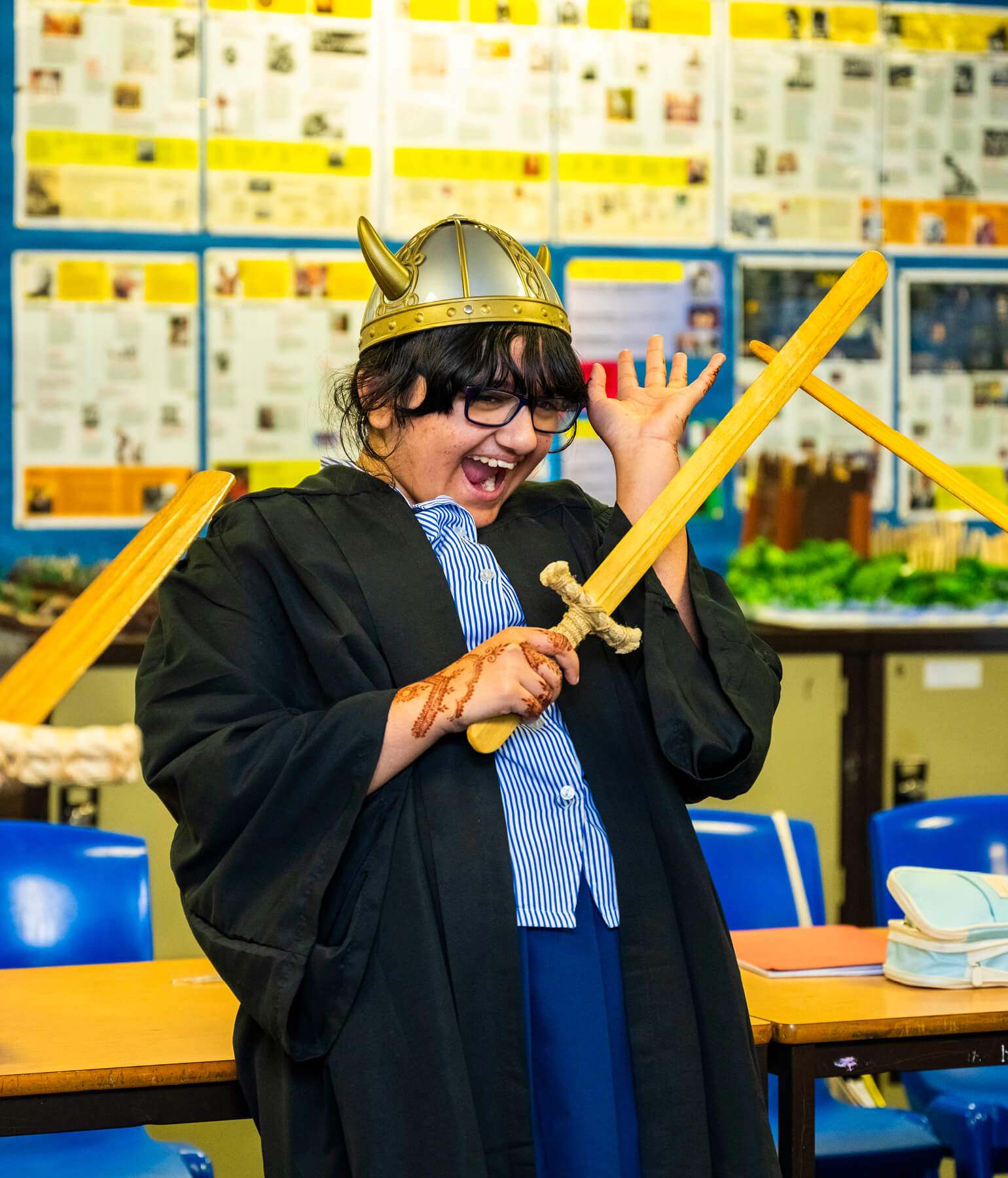
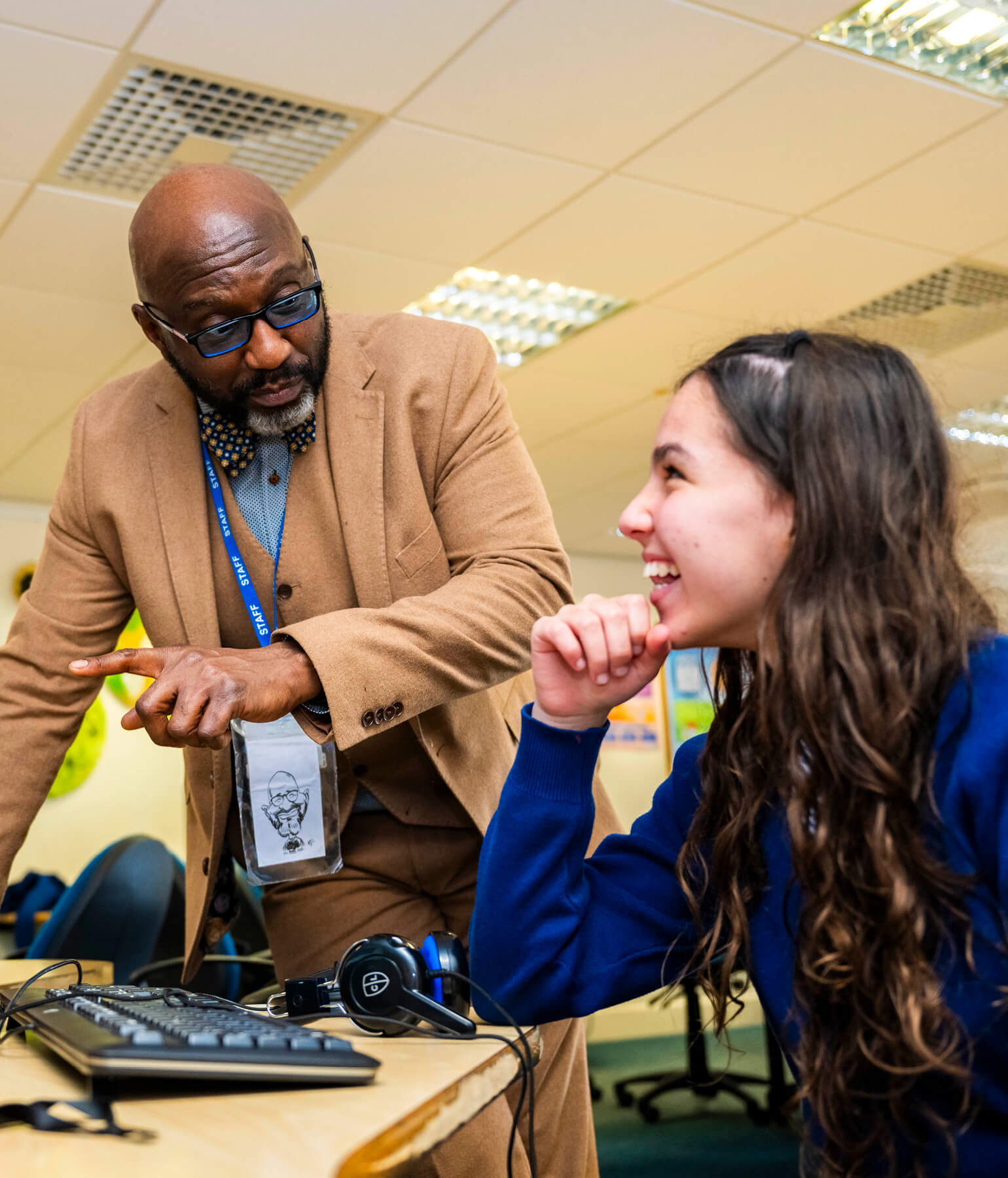
Innovative learning
We use technology to enhance our learning and our Senior School pupils all use individual laptops so they can access online resources and work collaboratively. Our digital strategy lead is currently working with academic departments on using OneNote, which will have the added benefit of cutting down the amount of printing and photocopying.
Our new Innovation Space comes equipped with a recording studio, greenscreen and 3D printer so that we can enhance pupils’ learning experience using the latest technology.







